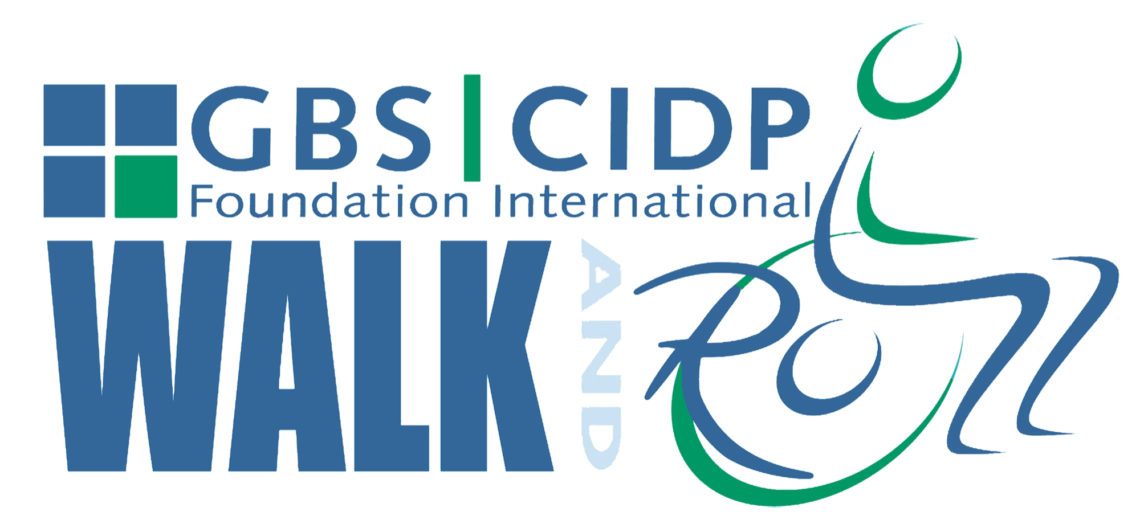- Site: The hospital or medical center where a clinical trial is taking place. Clinical trials often have many sites across a country or many countries.
- Investigator: The doctor leading the clinical trial team at a particular site.
- Sponsor: The entity – possibly a drug-maker or government agency – that is responsible for creating and overseeing the clinical trial.
- Investigational drug / experimental drug / investigational product: The potential product, not yet approved for marketing for a specific disease, that is being tested in a clinical trial. It can be a drug, a blood or plasma product, a medical device, or a medical procedure/technique.
- Placebo – A placebo is sometimes referred to as a “sugar pill”, but can be any number of treatments that are not the potential new treatment being studied. In order to test the effectiveness of a drug, researchers need to determine the effectiveness of a potential new treatment, researchers compare the disease course and symptoms when the potential new treatment is taken vs. when it is not. When someone is not taking the potential new treatment during the clinical trial, they are taking the placebo.
- Placebo vs. control: Placebo does not always mean “sugar pill” or “no treatment given”. Sometimes, clinical trials test new potential treatments against what is the current standard of care. If someone is not getting the potential new treatment, they are acting as the “Control” in the clinical trial.
In some innovative trials, people act as their own control, meaning they go through a period in the trial where they take the potential new treatment and compare their symptoms to a period when the person did not take the potential new treatment.
REMEMBER- the clinical trial team will monitor each clinical trial participant’s symptoms carefully. If someone who is participating in a trial starts to “worsen”, the clinical trial team will be sure to treat the symptoms with either standard of care (whatever therapy previously helped the participant) or the potential new treatment being tested in the trial. This helps to ensure that placebos do not harm clinical trial participants in the long term.
- Blinded: During a clinical trial, results are more valid if researchers are able to compare how symptoms change in patients taking the potential new treatment against those who do not when the researchers do not know who is receiving which treatment. This helps to eliminate bias (everybody wants new treatments to work!). People that might be blinded in a clinical trial include the investigator (doctor), the clinical trial team, the patient, the researchers doing the data, and the study sponsors.

